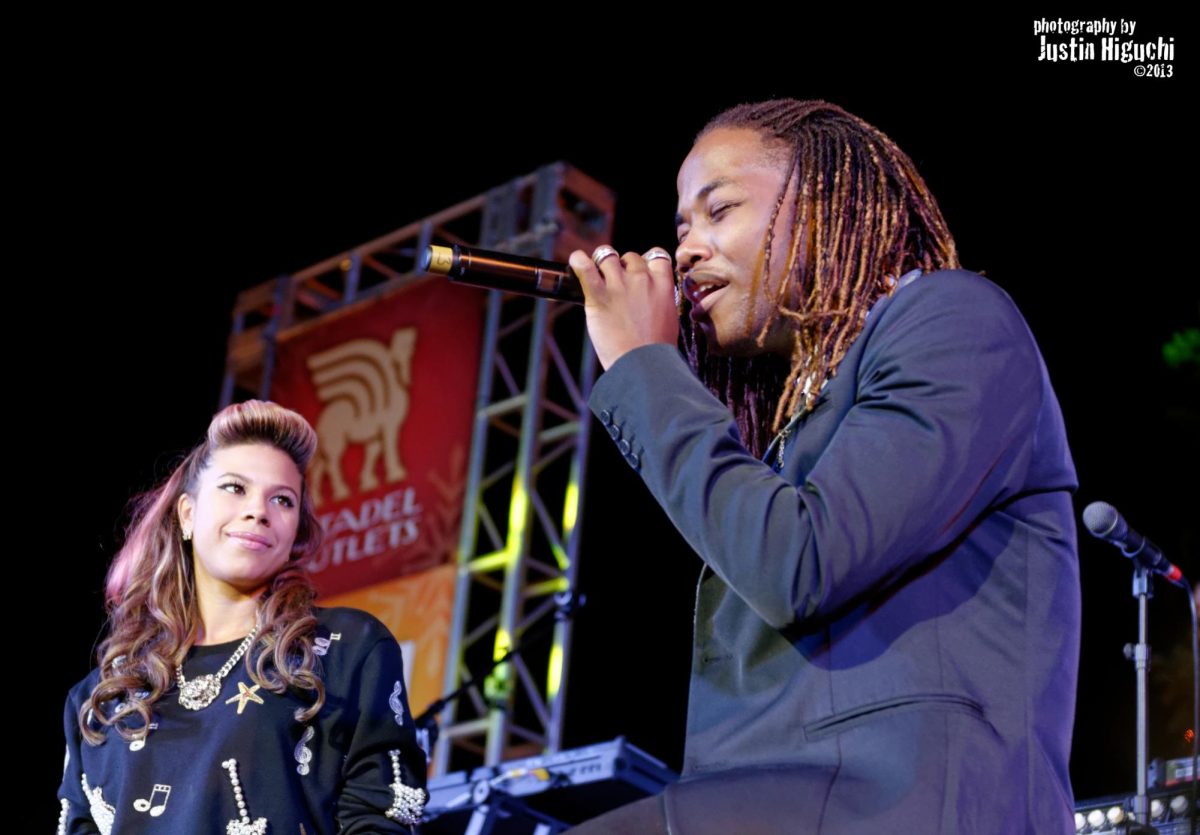“This is not normal.” Throughout the shocking aftermath of Donald Trump’s election, sketch shows like “Saturday Night Live” and numerous comedians like Trevor Noah and John Oliver have repeatedly enforced this idea, reminding all their viewers that while their satirical takes on Trump’s action provide some solace, everyone must still take his decisions seriously.
“Saturday Night Live” has flourished in the last few months because of the seemingly endless parade of Trump scandal and media coverage. Boasting its highest ratings in over 20 years, “Saturday Night Live” has in the past few months brought viciously critical comedy in its cold opening with Melissa McCarthy as Press Secretary Sean Spicer and Kate McKinnon impersonating what seems like half of Capitol Hill in virtually every sketch. Alec Baldwin’s regular guest appearances as Donald Trump culminated in the Feb. 12 episode, the highest- rated episode in 6 years. “Weekend Update,” the satirical news-style segment hosted by Michael Che and Colin Jost, is rumored to get a 30-minute prime-time spinoff as the popularity for the segment has soared. After several seasons of floundering ratings, the 2016 election cycle and subsequent coverage of administration troubles has made SNL relevant again as it’s become a platform for socially-aware celebrities to speak to a largely liberal audience through comedy.
Criticism in the past months has fallen heavily on comedians and the comedy community for not taking Trump’s candidacy seriously, possibly contributing to his popularity among voters. And yet this same critique can be applied to any voter that woke up to the unexpected realization that Donald Trump was the next president. The problem did not come from making fun of Trump’s actions, but rather from those that dismissed his behavior as irrelevant. If every comedian had taken the same approach Jimmy Fallon took in inviting Donald Trump for an interview and not asking any hard questions, then comedians could be partially blamed for Donald Trump’s voter base. The fact that Jimmy Fallon was so heavily criticized for his interview shows that comedians as a group did not think normalizing Trump, his beliefs or his actions was okay.
Samantha Bee from “Full Frontal” responded to the show by saying that while she and her team love Jimmy Fallon, “You don’t normalize someone who’s inciting violence.” Bee’s ability to separate her personal and professional opinions further supports the idea that comedians are in fact considering the impact of their criticisms and jokes as well as informing and warning their audiences.
When Donald Trump’s “Pussy Gate” scandal released, multiple comedians responded with statements both making fun of Trump’s statement and also harshly criticizing his remarks. There were two distinct responses developing from the comedy world. Those like Bill Maher responded immediately with a comedic but sadly serious critique saying, “Even Bill Cosby today was like ‘At least I’m thoughtful enough to give them a drug in their drink.” Vulgar comedy like this, while offensive, cannot be taken as ignorant of Trump’s power or position. The mere fact that a presidential nominee is being compared to an alleged repeated sexual assaulter shows just how abnormal both the comedian and audience should find this situation. Other comedians like Stephen Colbert specifically released a video that was slightly comical, but also focused on the heart of the issue: “Here’s what I really found disgusting, Trump says in the video when you’re a star they let you get away with anything, and unfortunately, that’s true. Because Donald Trump is the Republican nominee. Hopefully someday you’ll be telling the story of how he tried to f—- America, and failed.”
Although Colbert’s statement didn’t come to fruition, he used his public position as a comedian to combat the normalization of Trump’s nomination and presidency to release a video in response to the leaked tapes. From Colbert to Bee to Oliver to Noah, well-established comedians throughout the U.S. have refused to claim that Trump’s nomination was normal. They constantly made fun of his tactics and opinions, but they were also the ones to remind their audiences that “this is not normal” and treating it as such could lead to disaster.
John Oliver’s first show of 2017 focused on the abnormality that we face in the era of “fake news” under Trump. Although Oliver makes fun of Trump’s sources for news, he also reminds his audience that because of this astounding difference between presidents, people must become vigilant about their own sources to combat the one-perspective narrative. Furthermore, Oliver points to the real culprits in helping to normalize Trump’s irrational actions: Trump’s advisors. Peter Thiel points out that Trump supporters “take Trump seriously, but not literally.” This dismissal of Trump’s speeches and behavior makes it seem almost normal that a presidential nominee and president can say whatever he feels as opposed to trying to tell the truth. It is through these people and their normalization that Trump is able to continue making unbelievable decisions without complete rejection.
While it would be easier to simply condemn the comedy world and its actors as one of the root causes of Trump’s success, we must look back on our own perceptions of the nomination and ultimate victory. Comedians are not part of the issue, but an integral step to the solution. Comedy is and always has consisted of private citizens expressing their satirical and critical takes of the world. Despite having a greater audience than most others, comedians merely make that which we want to ignore seem bearable. If anything, we need more comedians to continue their satirical rants on our current president to remind us of our power of resistance and prevention.




